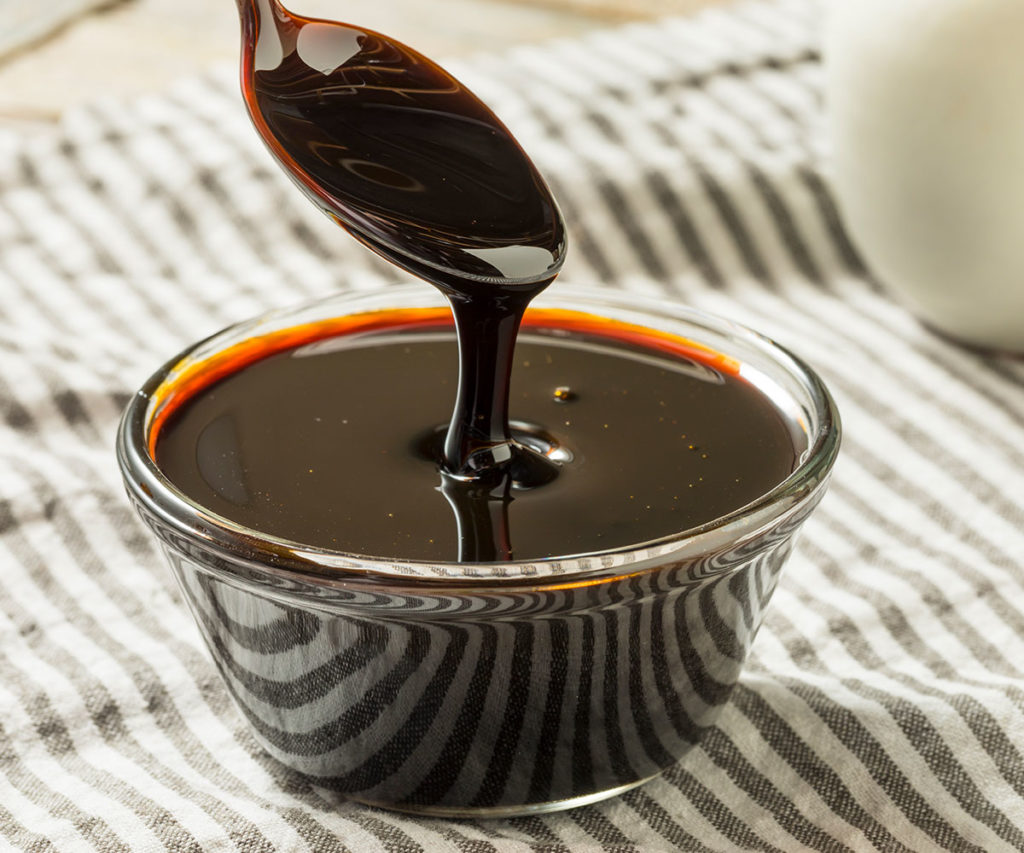Sugarcane molasses
Sugarcane is a tropical sweet grass that stores sucrose in the pith of the stem. This plant sap is used to extract table sugar and versatile sugarcane molasses.
- Atco
- Products
- Melasse / Treacle
- Sugarcane molasses
What is sugarcane molasses?
Molasses is created as a by-product when refining table sugar. Sugarcane molasses – also known as blackstrap molasses – is a viscous, almost black liquid that is a by-product of sugarcane processing. Sugarcane molasses is a versatile resource traditionally used in agriculture, the food industry as well as in biotechnology. Due to the nutrients it contains, sugarcane molasses is also considered a healthy, invigorating food product in traditional medicine. Although its positive effect on human health has not yet been proven, the low calorific content nonetheless makes sugarcane molasses a healthy alternative to table sugar and other sweeteners available on the market.
August Töpfer & Co. offers you a product of all-natural quality for use in the food industry. Our sugarcane molasses – also referred to as treacle – is optionally available with Naturland, Kosher and Bio Suisse certification. If you wish, we will also adjust the flavours to your individual needs. Our experienced team will be happy to help you with application-specific enquiries.
Sugarcane: cultivation and use
Sugarcane belongs to the family of sweet grasses and originally comes from East Asia. According to tradition, use of the plant dates back to the 5th century BC. Today, sugarcane is cultivated extensively in tropical and subtropical climatic zones. Around 70 percent of table sugar used worldwide is extracted from sugarcane. The plant is perennial and can reach a height of up to seven metres. Table sugar is based on sucrose, produced by photosynthesis. Sugarcane stores these energy reserves in the pith of its stems. Sugar is extracted from the plant sap, with sugarcane molasses produced as a by-product. Depending on the production method, the sugar content in raw sugarcane molasses is still around 45 to 65 percent.
After sowing or planting, it takes around six to twelve months for the sugarcane to ripen for use. Sugarcane is still harvested by hand on many plantations, but the use of agricultural machinery simplifies the process considerably. In the factory, the sugarcane is crushed and the plant sap is pressed out using rollers.
To clean the “thin juice” extracted, lime and carbon dioxide is added to the liquid. The sugar is then separated from the other components. The next step is an evaporation process, used to produce the “thick juice”. The thick juice is boiled down and “injected” with sugar crystals in order to enable the liquid to crystalise faster.
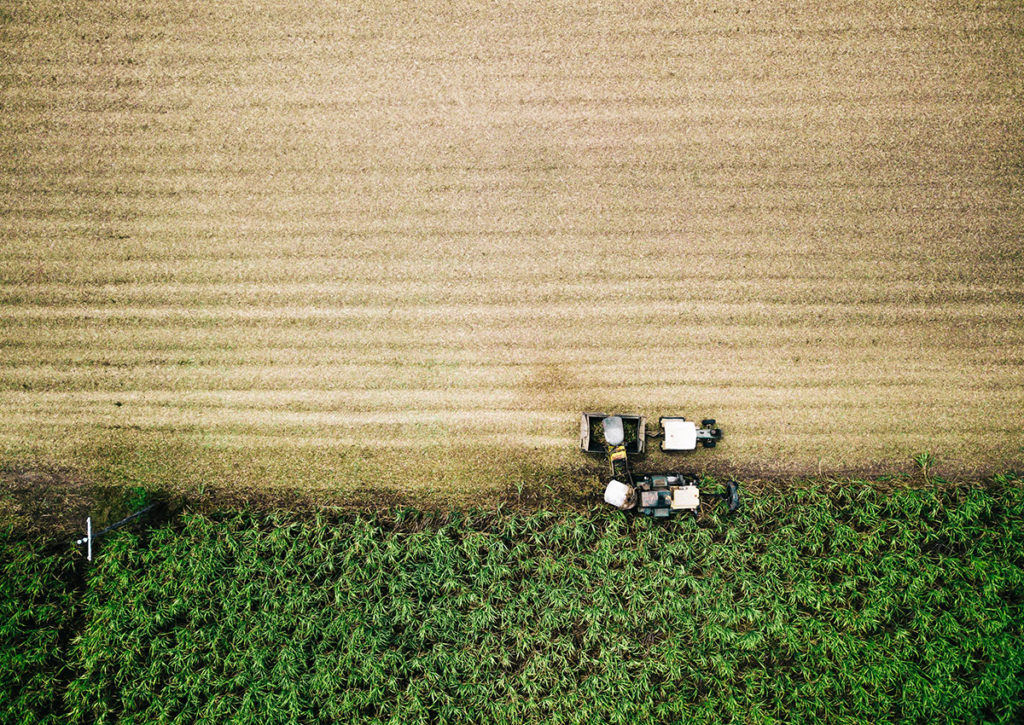
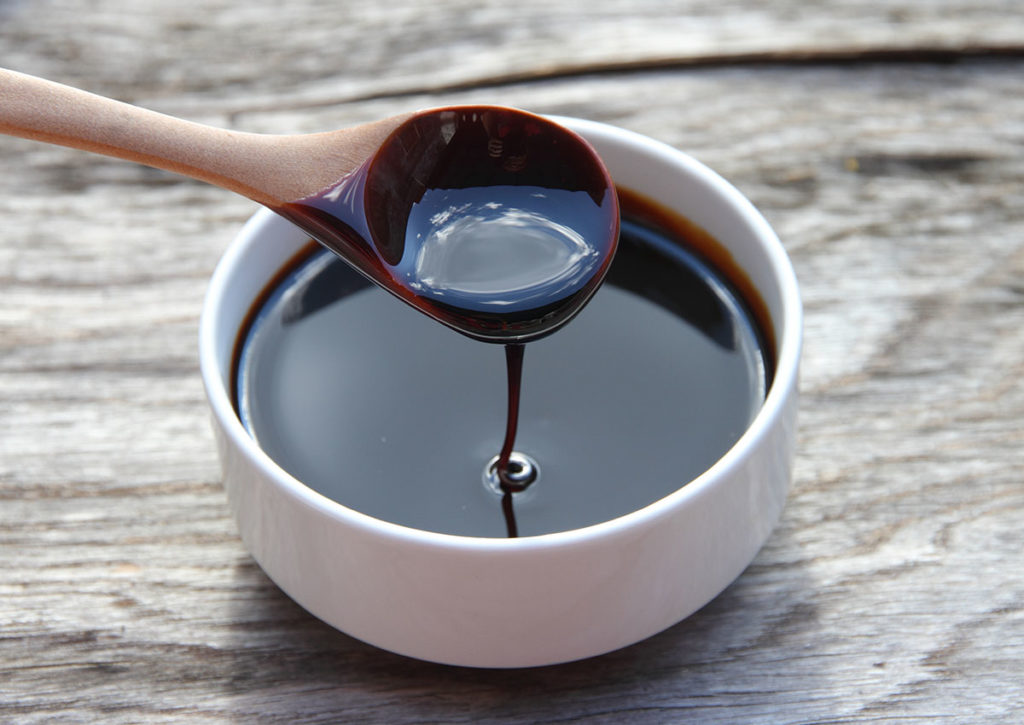
In the last step, the syrup is centrifugated – i.e. spun. The aim here is to separate the solid sugar crystals from the liquid sugarcane molasses.
The process of alternating between boiling and spinning is repeated a number of times until crystallisation no longer occurs (usually up to three times). Throughout the process, the sugarcane molasses darkens and loses some of its sweetness, finally becoming the characteristically black molasses.
Since it is not possible to crystalise the entire sugar content, molasses still comprises around 50% sucrose. Ten tonnes of sugarcane produce over a tonne of table sugar and 0.3 to 0.4 tonnes of sugarcane molasses.
Ingredients of sugarcane molasses
Raw sugarcane molasses largely consists of water and sucrose, as well as small amounts of fructose and glucose. While table sugar contains hardly any nutrients, many of the valuable substances contained in the plant are retained in the sugarcane molasses. Sugarcane molasses contains significant quantities of vitamins, minerals and trace elements, including iron, potassium, phosphorous, magnesium and calcium. However, the amounts depend on the type and production process. These ingredients explain the growing popularity of molasses as a “superfood”, which is believed to have health benefits. Although these health benefits are not scientifically proven, sugarcane molasses is nonetheless superior to table sugar due to its lower calories and higher nutrient content.
Use of sugarcane molasses ...
 © Anawat_s/iStock.com
© Anawat_s/iStock.com
... in industry
Sugarcane molasses is a popular raw material for various products and processes in the food industry and biotechnology. The product provides the basis for fermentation processes – including for the production of spirits and flavour enhancers. It is also becoming increasingly relevant in the production of bioethanol. Moreover, the inexpensive raw material is often used as a nutrient for yeasts and microorganisms in pharmaceutical applications, such as enzymes and antibiotics. In the food industry, sugarcane molasses from August Töpfer & Co. is used primarily in sweet goods such as liquorice, toffees and cereals, as well as in BBQ sauces, ketchup and sweet mustards.
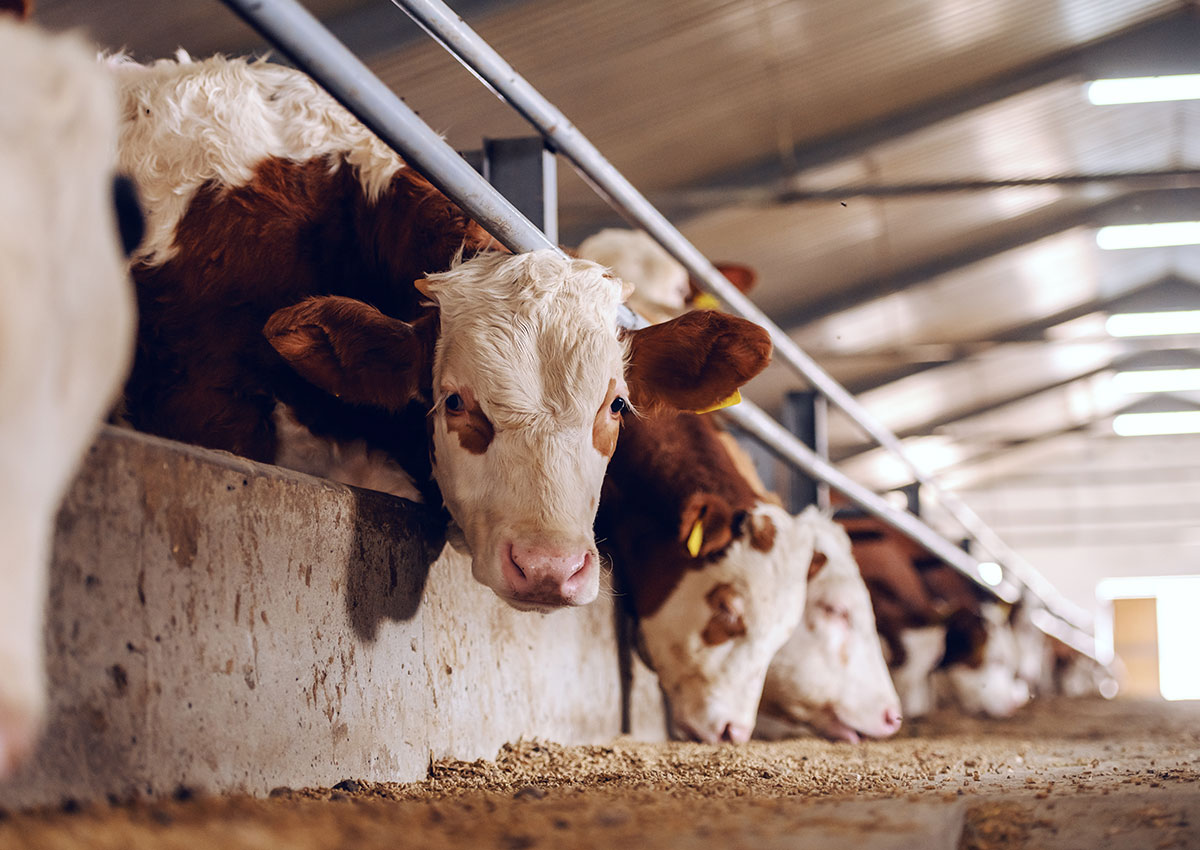 © dusanpetkovic/iStock.com
© dusanpetkovic/iStock.com
... in agriculture
Traditionally, raw sugarcane molasses is most commonly used in agriculture, for example as an additive for the silage of green feed and as fertiliser. In addition, sugarcane molasses serves as feed for fattening livestock. In the form of molasses chips, sugarcane molasses is often given to horses to improve animal health. Sugarcane molasses is an extremely good source of energy and is also suitable for the production and pressing of mixed and supplementary feed due to its sweet taste and binding properties.
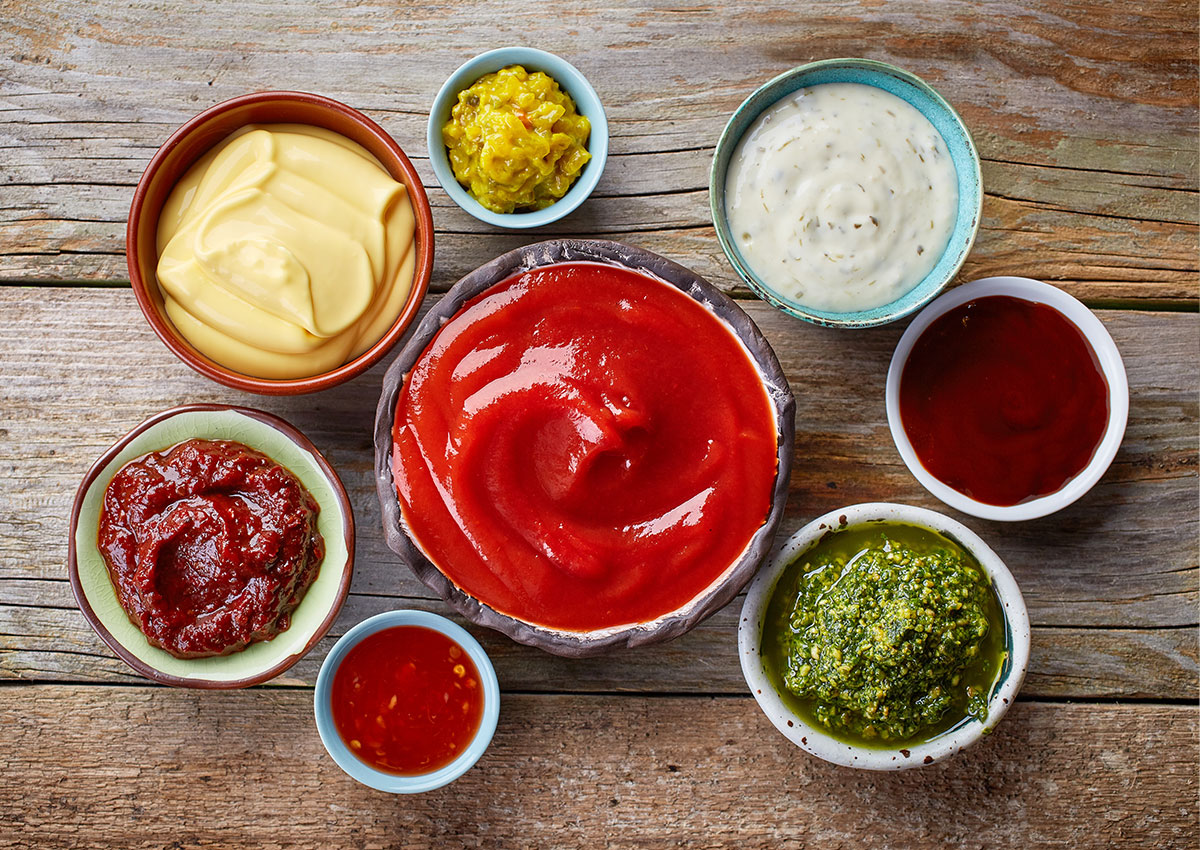 © Magone/iStock.com
© Magone/iStock.com
... as sweetener
Sugarcane molasses has meanwhile become a replacement for sugar in many health-conscious households. Molasses is also a versatile ingredient in recipes as a substitute for honey, maple syrup, agave syrup and other liquid sweeteners. Sugarcane molasses is used as an additive in yeast dough to help it rise and is suitable for refining sauces and as meat glaze. Those who have developed a taste for the bitter-sweet flavour can also use the liquid syrup as a spread or for baking and cooking. Although it tastes somewhat similar to sugarbeet syrup, the two products have little in common. While sugarcane molasses is a by-product of sugar production, sugarbeet syrup is created by boiling down sugarbeet.
Our sugar cane molasses is certified:
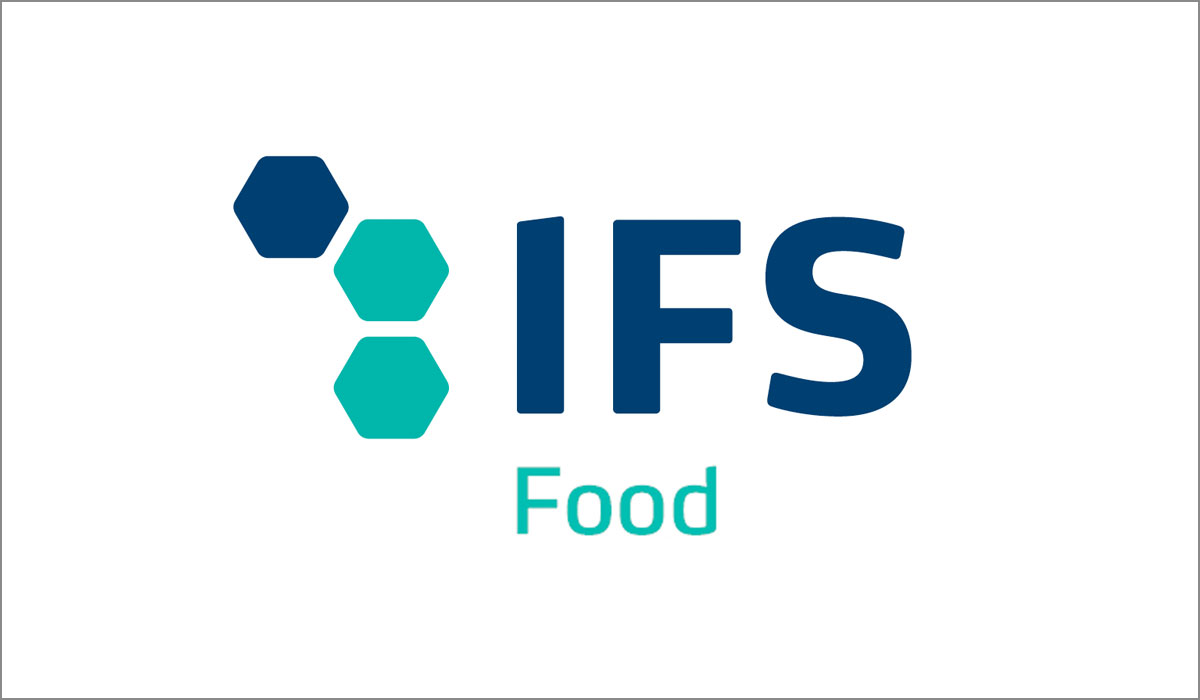
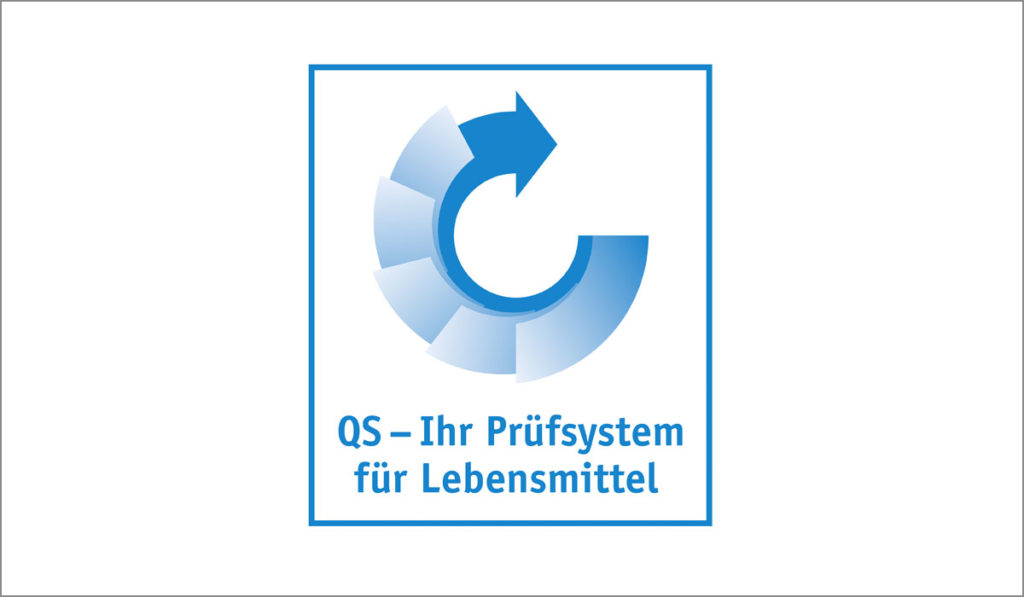
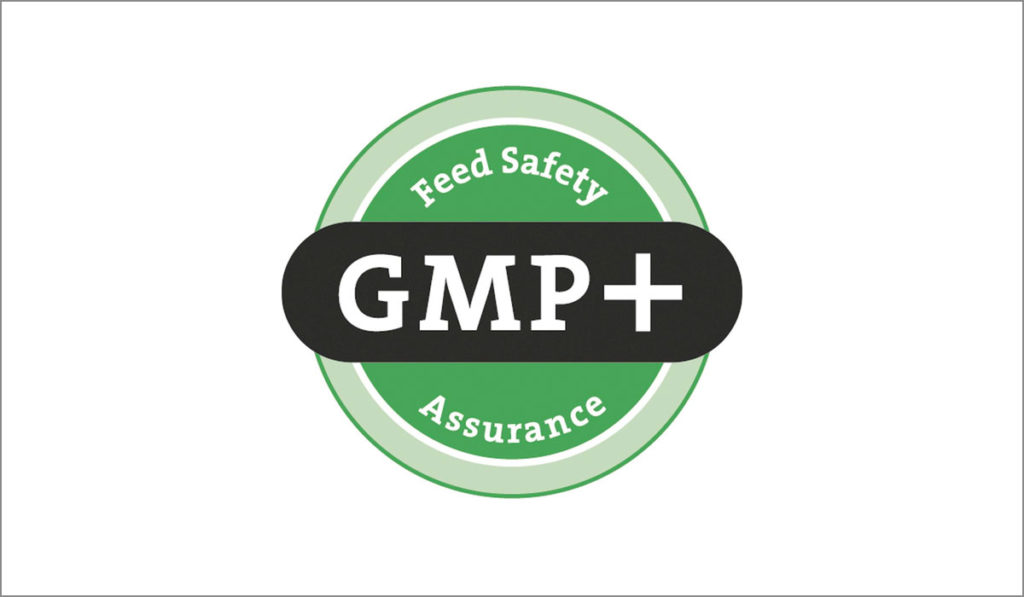
Sugarcane molasses from August Töpfer & Co.
Our sugarcane molasses gives food a characteristically bitter, caramel-like flavour, depending on the quantity used. The dark-brown to black colour of our molasses also provides your products with natural colouring – all without the addition of undesired E-numbers. Where more delicate flavours are required, we can also offer you molasses with a higher sugar content or a different sugar composition.
Our sugarcane molasses is also available in organic quality (certified according to EU Eco-Regulation 834/2007 and quality assurance standards) or with Naturland, Bio Suisse, NOP and Kosher labels. Get in touch with us! Our team will be happy to assist you and put together the right products for your needs.
